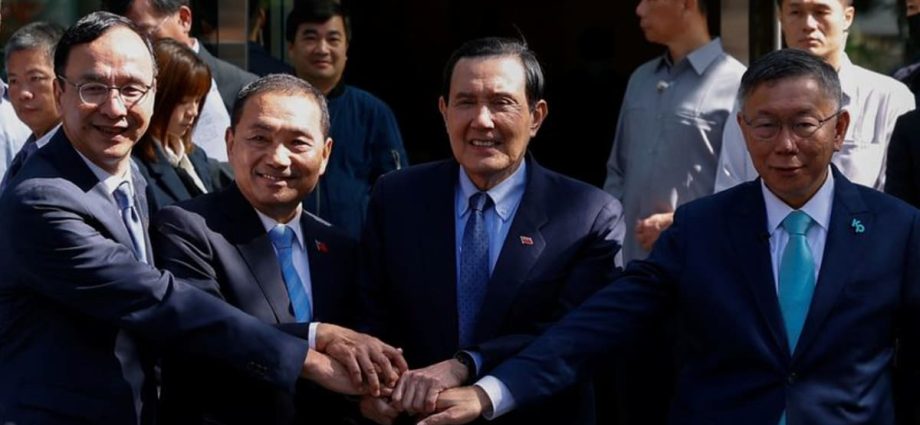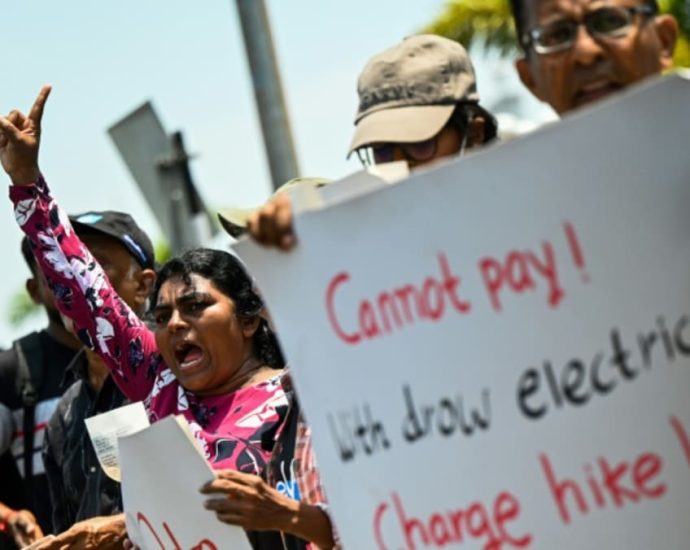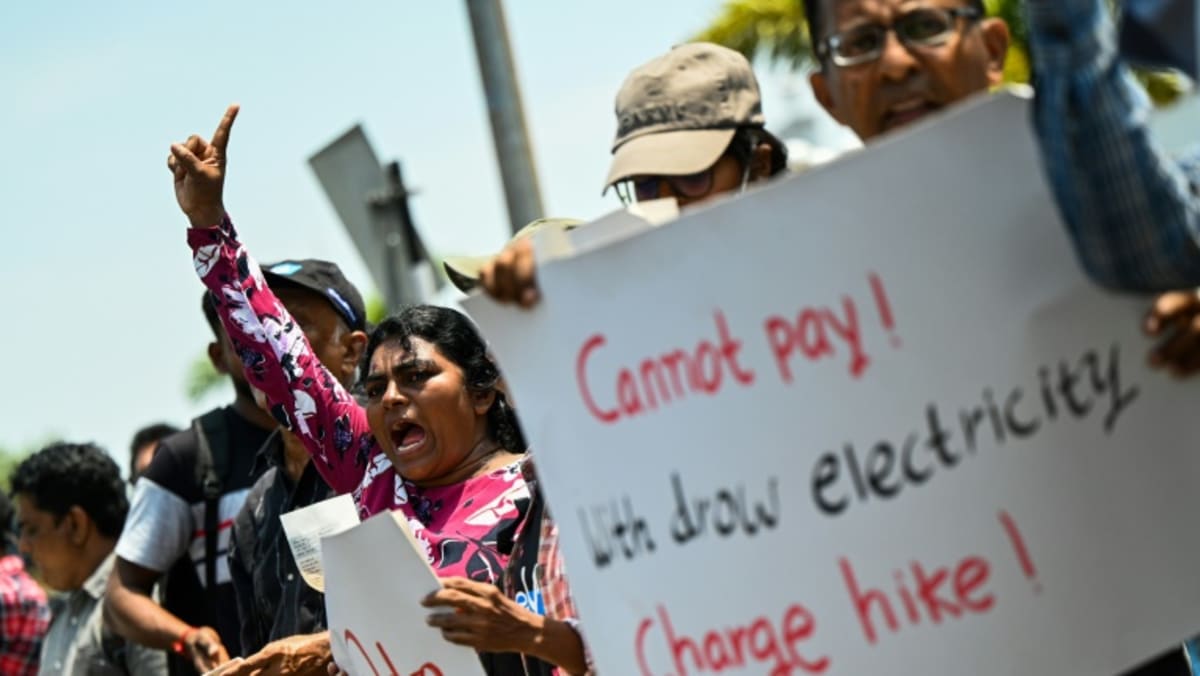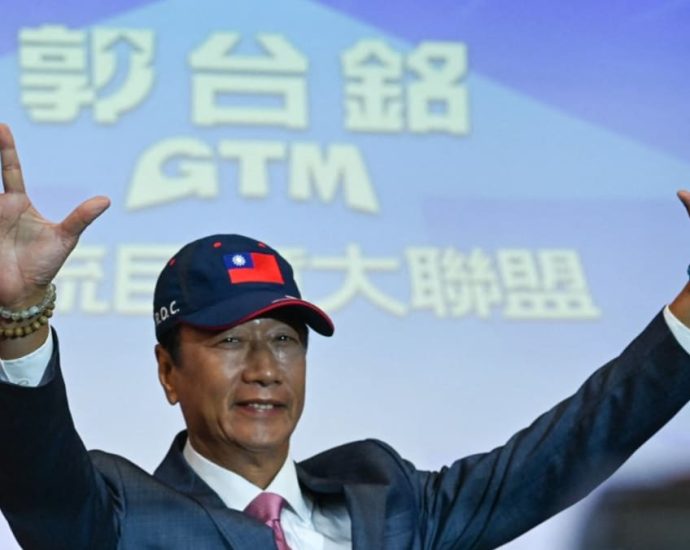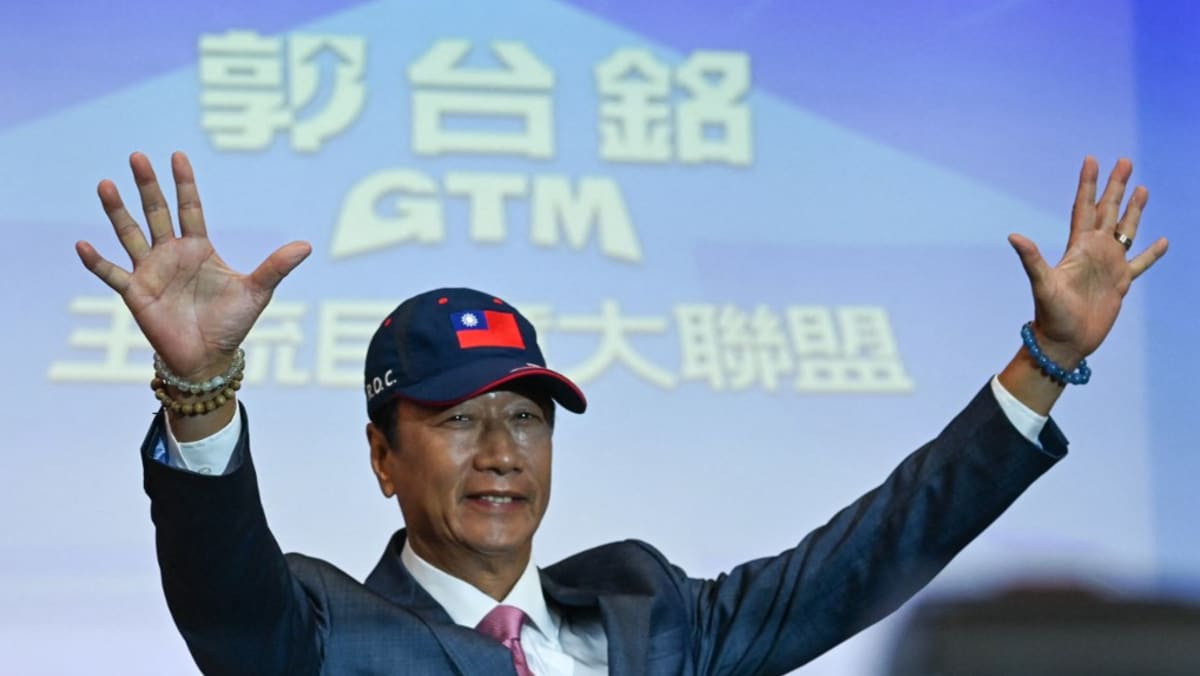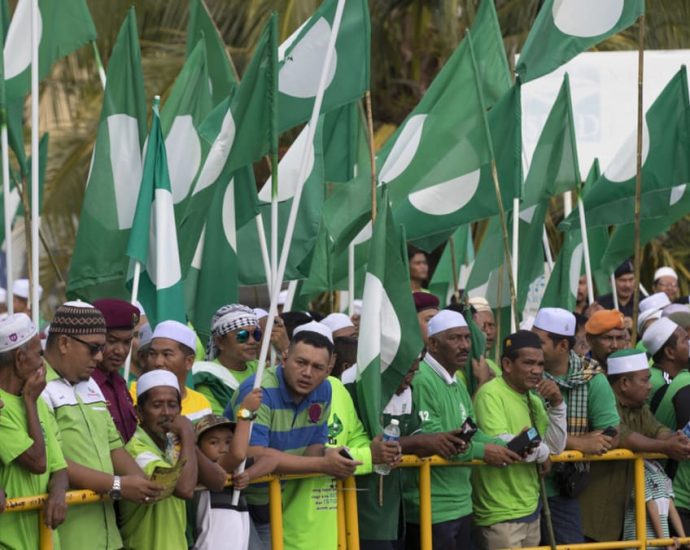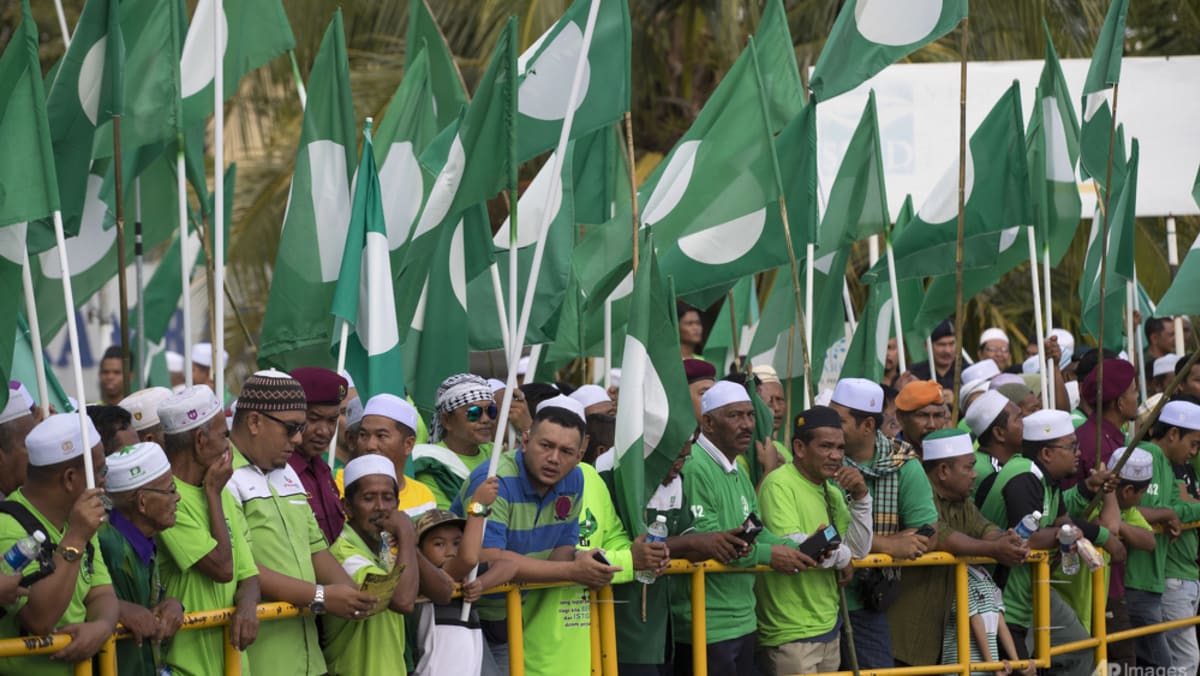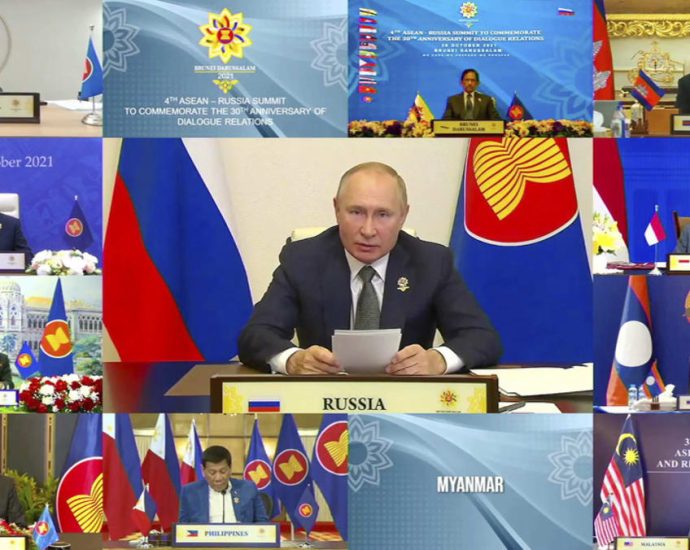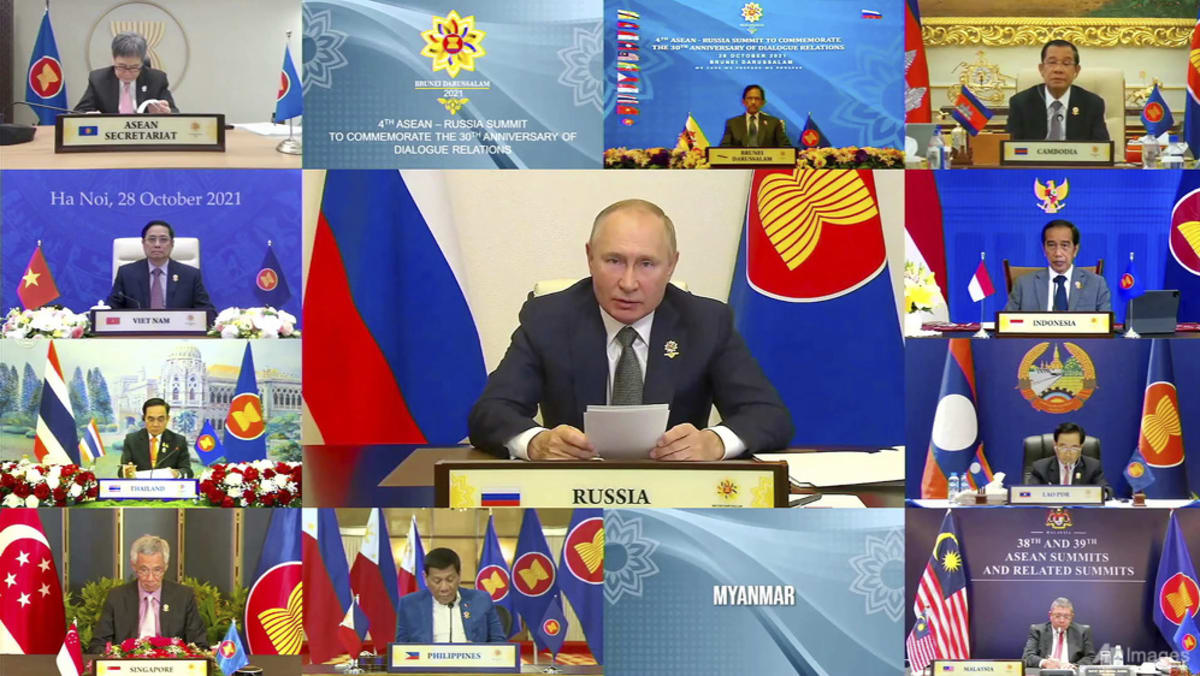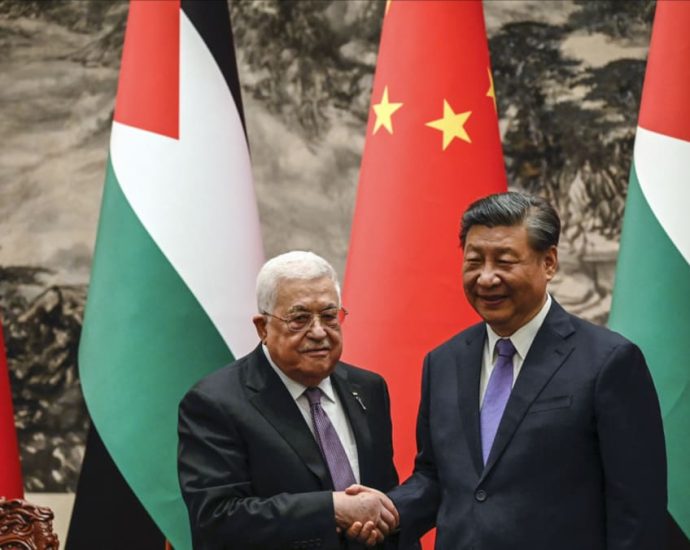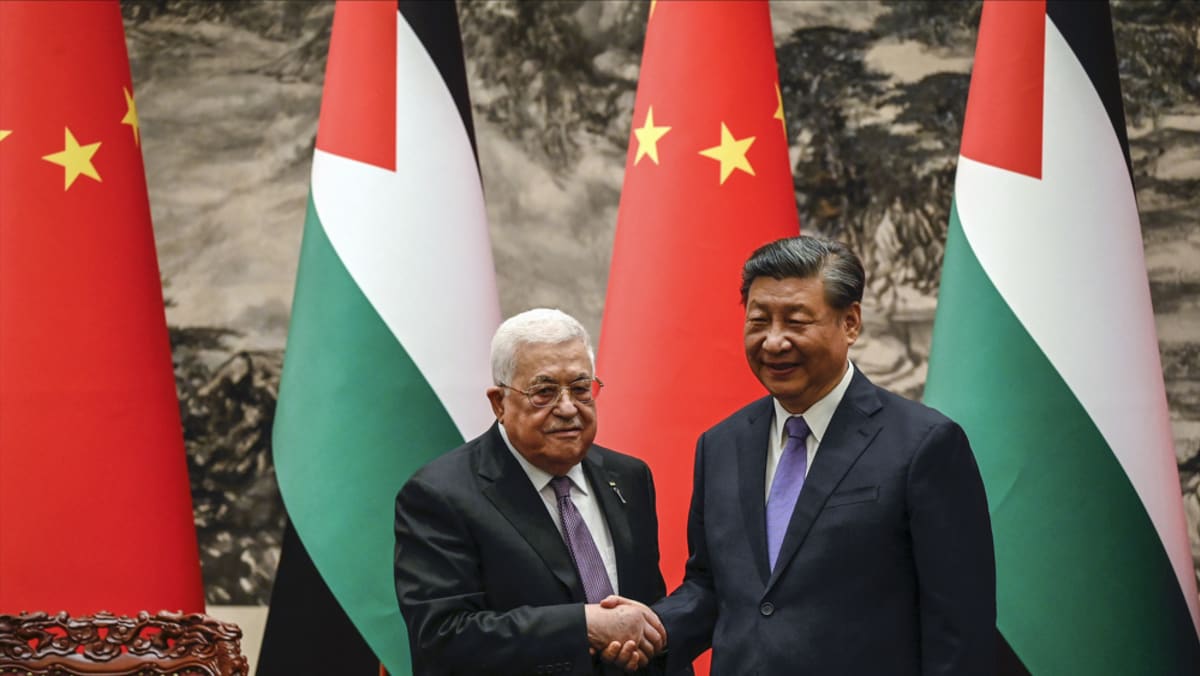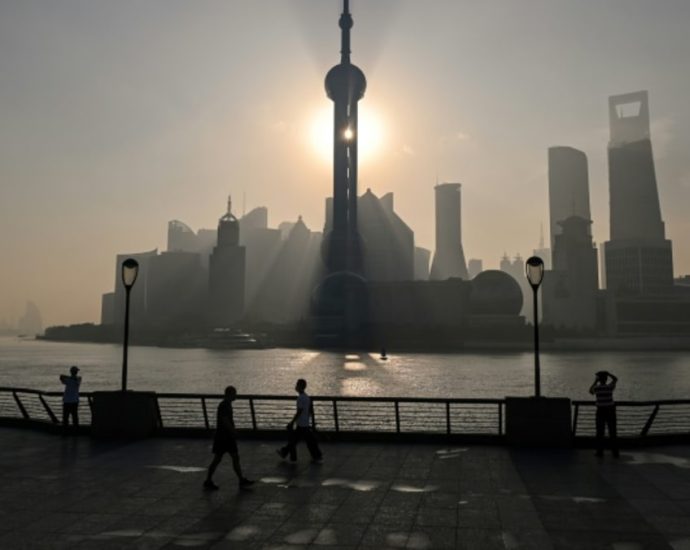Commentary: Taiwan opposition partiesâ joint election bid is an opportunity for China
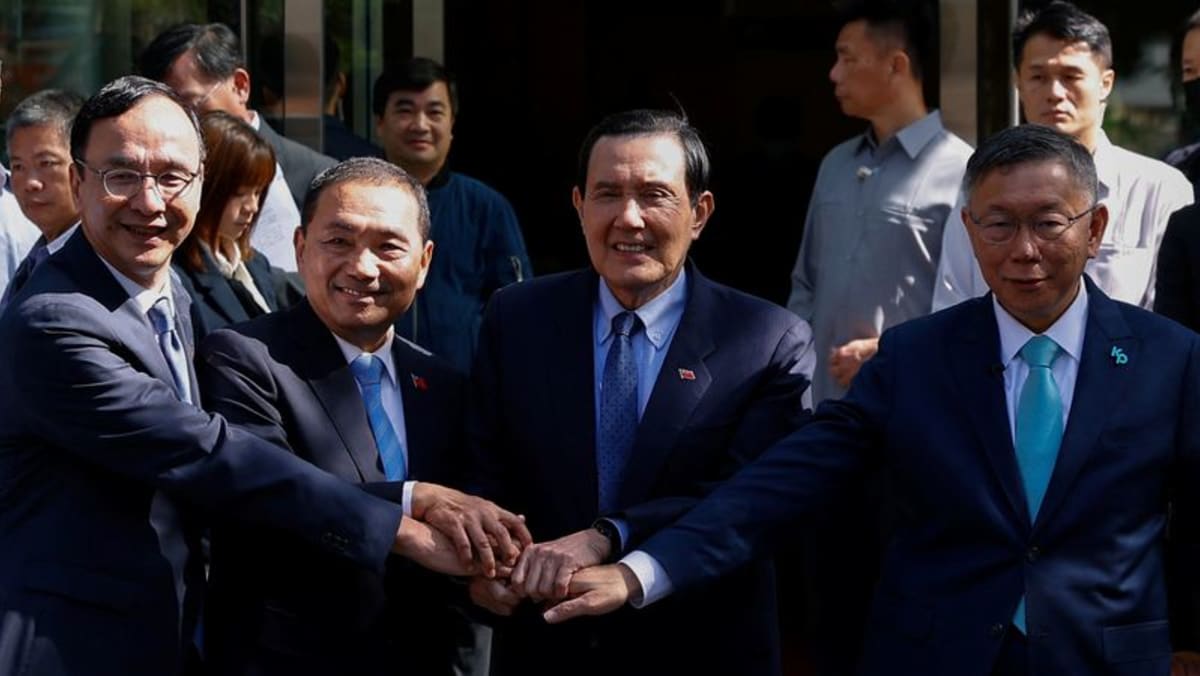
OPPOSITION LEADERS FAR MORE PALATABLE FOR CHINA
The two opposition party candidates could change the tone of the relationship. KMT’s Hou has campaigned on the fact that he is the one who will improve cross-strait relations, and open up dialogue between the two sides. He’s been clear about supporting the 1992 consensus, a vague understanding between the Communist Party of China and the KMT, where both sides agree they belong to the same country, even if they disagree on what that means.
Meanwhile, TPP’s Ko says he will use “deterrence and communication” as his China policy, and simultaneously increase defence spending, while engaging in with Beijing.
Both would be far more palatable for China to deal with than DPP’s Lai.
There is no guarantee of course that they will win, nor is it clear which of the two will lead the alliance. An announcement is expected Saturday.
Even if a KMT/TPP government might ease cross-straits tensions temporarily, it will “eventually have to fend off pressures from Beijing to venture into more difficult political discussions, which will be a hard-sell domestically,” Ivy Kwek, China Fellow with the International Crisis Group, says.
Those difficult discussions will no doubt focus on how much control China has over what goes on in Taiwan, although neither of the opposition parties have suggested in any way the island’s sovereignty is up for grabs – it would be politically foolish to do that.
But if avoiding a Chinese invasion and reducing tensions in the Taiwan Strait is the objective, then the island’s opposition parties may present the best possible shot at that yet – as long as they keep the electorate’s distinct identity in mind.

